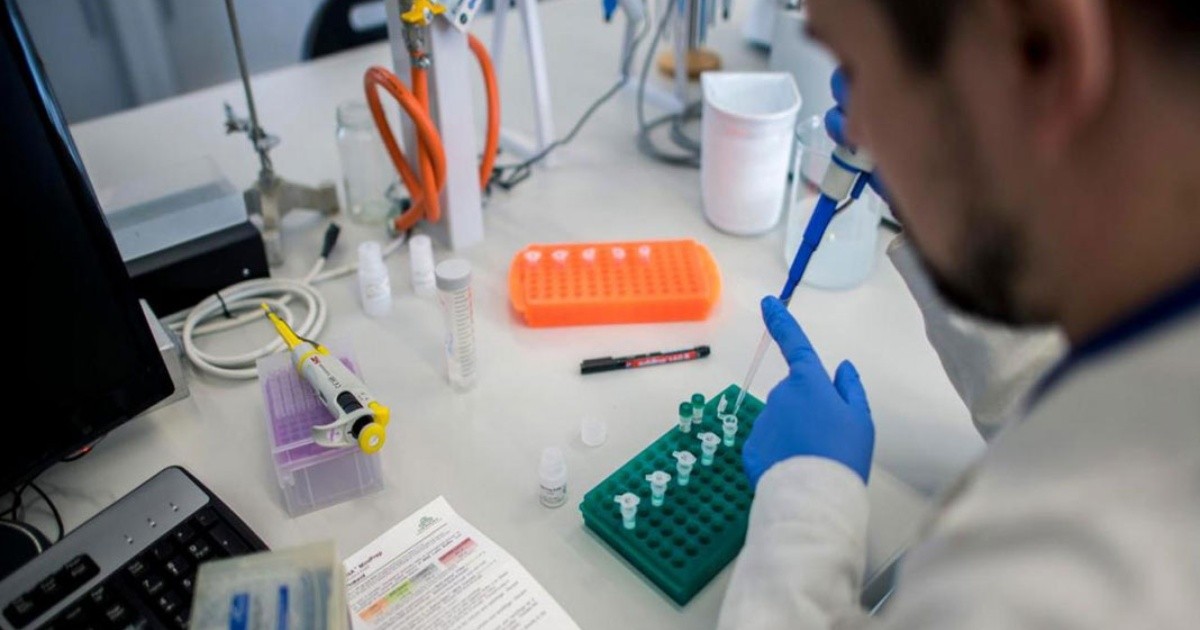
Pascal Soriot, chief executive of AstraZeneca and the University of Oxford announced on Monday that Argentina will produce at least 150 million doses of the coronavirus vaccine through the mAbxience laboratory, Télam said. In turn, confirmed that although the vaccine has so far “70% efficacy” according to the number of doses applied, the effectiveness can reach 90% and there are already four different versions that proved to be effective in combating the disease: Oxford, Sputnik, Pfizer and Moderna.De according to the results of the trials “the efficacy and safety of this vaccine confirm that it will be very effective against Covid-19 and that it will have an immediate impact on this vaccine public health emergency,” Soriot said in a statement. In addition, AstraZeneca noted that during testing no one developed severe forms of coronavirus or had to be hospitalized. “The Oxford vaccine is made of a weakened version of a common, genetically modified cold virus so that it is impossible for it to grow in humans,” Télam said. Dose. For his part, Hugo Sigman, owner of mAbxience, reported that his laboratory is exclusively engaged in the production of the Oxford and AstraZeneca vaccine and was already responsible for the manufacture of “a minimum of 150 million doses and a maximum of 250 million”, provided that the vaccine “is approved by the corresponding regulatory agencies, including anmat”. As was well known in August this year it will be mAbxience is the company responsible for manufacturing the active substance in the vaccine. This raw material is then sent to Mexico where the Liomont laboratory will take care of fractionating and packaging the product already in a marketable form. From Mexico, AstraZeneca will distribute the vaccine equally in Latin America at an agreed price of $4 per dose, one of the cheapest so far. Brazil, is left out of that agreement as it came to a different policy than the rest of the region. Despite the good news, infectologist Eduardo López considered that beyond the vaccine, “we’re still going to have to keep the barbijos and the social estating. We will not have more than 30 or 35% of the population vaccinated in the first half of 2021,” he told TN this afternoon. Asked about the return to normal as we knew her, López said that “it is a very difficult question to answer. If there is significant vaccination after the first half of 2021, we will be able to have normal life in quotation marks.” With 60% of vaccinated people we would have a lower degree of contagion because between that figure and 70% (vaccinated) the so-called herd immunity is achieved,” the infectologist concluded.
In this note:
"El reclamo puede ser genuino, pero construido sobre una mentira", apuntó el presidente Javier Milei…
El gobernador de la provincia de Buenos Aires, Axel Kicillof, encabezó un acto en Ensenada…
El diputado nacional de La Libertad Avanza, José Luis Espert, expresó su confianza en la…
Tras la masiva reaparición de Cristina Fernández de Kirchner, el presidente Javier Milei apuntó contra…
El principal propósito de la nueva comisión es evaluar los recursos humanos en el Senado,…
En una medida que busca redefinir las condiciones de los seguros de automóviles en Argentina,…
Esta web usa cookies.